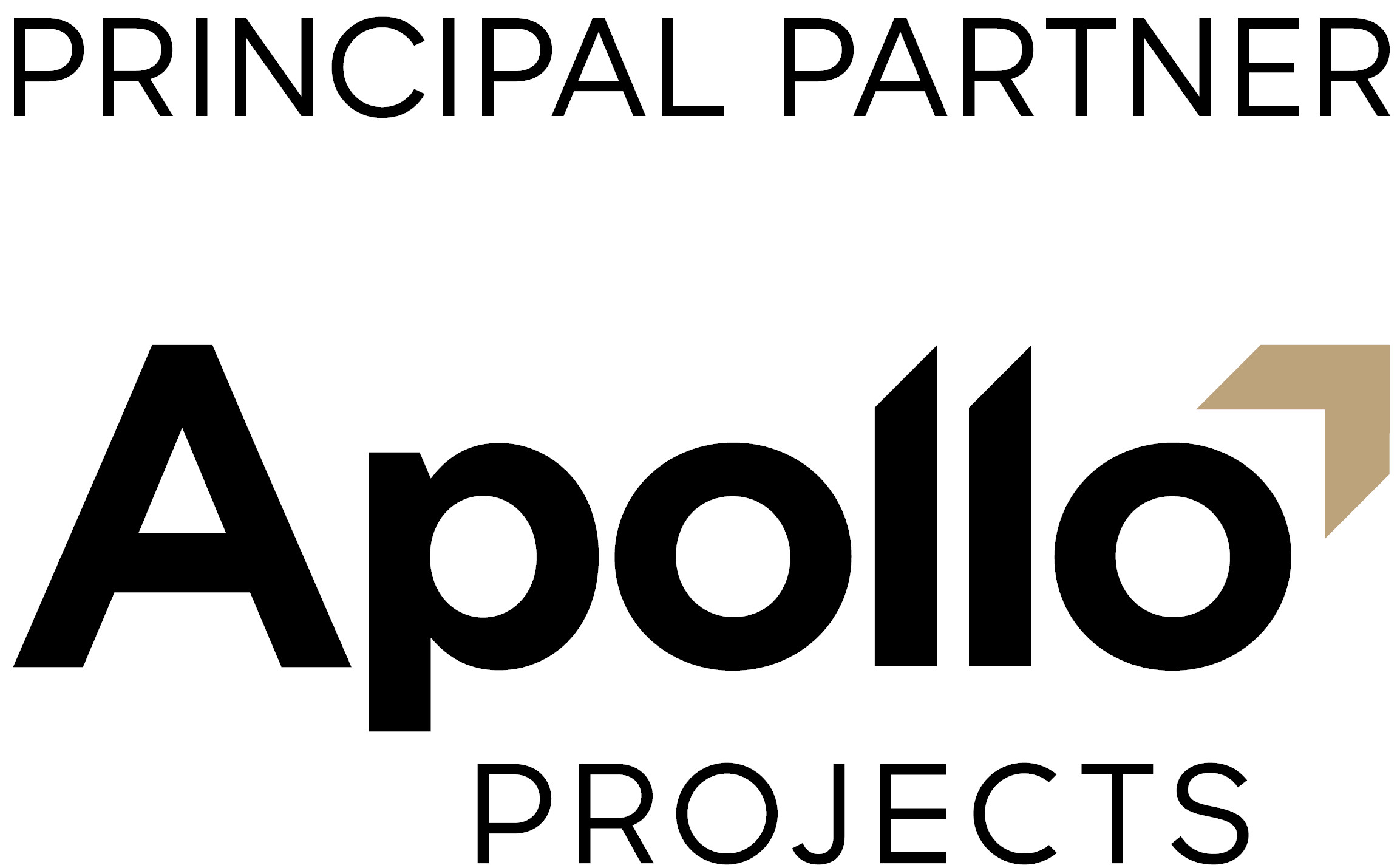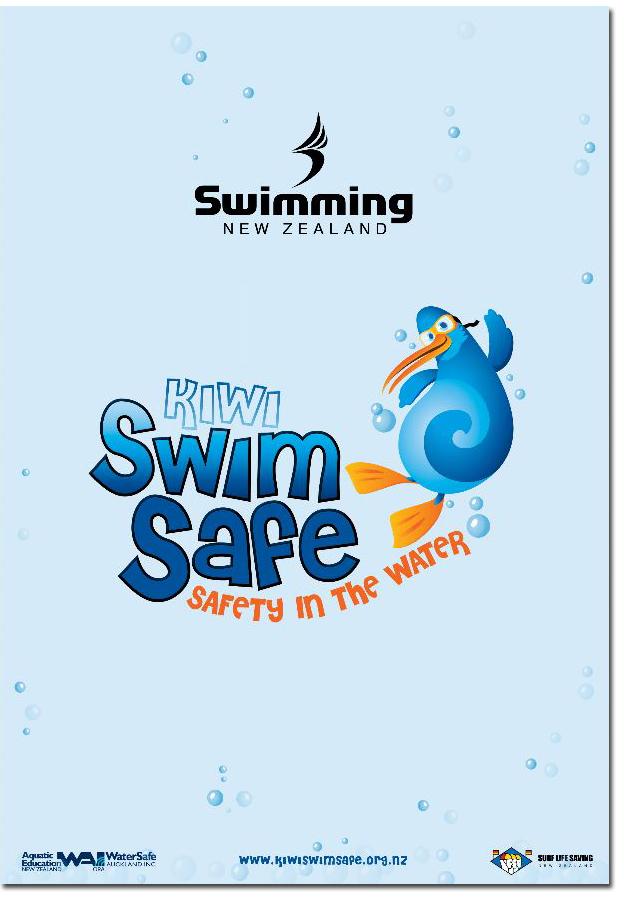
![]() SNZ Events
SNZ Events
![]() Epic Swim
Epic Swim
![]() High Performance
High Performance
![]() SNZ Events
SNZ Events
![]() Epic Swim
Epic Swim
![]() High Performance
High Performance
 Aquatic education is based on the combined development of physical skills, critical thinking and building experience to ensure safer participation in a range of aquatic environments. Learning is based on developing skills, knowledge, attitudes and behaviours in line with personal developmental stages. The separation of water-based and dry land/classroom activities is ‘artificial’ therefore we have designed this programme to include both activities. The development of a holistic aquatic programme needs both of these complementary settings to maximise the opportunities for students to develop reflective thought and action. This programme has been designed in three sections: in the classroom, at the pool and at the beach. Aquatic education is not purely physical or just about thinking; students need to understand all elements of learning to swim, water safety, survival and beach safety skills to participate safely in a range of aquatic environments.
Aquatic education is based on the combined development of physical skills, critical thinking and building experience to ensure safer participation in a range of aquatic environments. Learning is based on developing skills, knowledge, attitudes and behaviours in line with personal developmental stages. The separation of water-based and dry land/classroom activities is ‘artificial’ therefore we have designed this programme to include both activities. The development of a holistic aquatic programme needs both of these complementary settings to maximise the opportunities for students to develop reflective thought and action. This programme has been designed in three sections: in the classroom, at the pool and at the beach. Aquatic education is not purely physical or just about thinking; students need to understand all elements of learning to swim, water safety, survival and beach safety skills to participate safely in a range of aquatic environments.
This teaching resource is designed to:
• Empower and support teachers to deliver ‘swim and survive’ education to ensure that New Zealand children receive the aquatic skills they need to be confident and safe in the water.
• Develop students’ water confidence, swimming ability, water safety, survival techniques and beach safety skills.
• Provide students with opportunities to practise and transfer their swimming, survival skills and beach safety skills into the natural environment.
• Create classroom units of work integrated across learning areas.
• Link to the New Zealand Curriculum (2007).
• Prepare students for education outside the classroom (EOTC) experiences at the pool or beach.
• Support the national State Kiwi Swim Safe achievement certificate.
• Establish an aquatic pathway that can lead to other aquatic sports such as competitive swimming, flipper ball, water polo, snorkelling, underwater hockey, surfing, surf lifesaving, kayaking, boating and diving.
